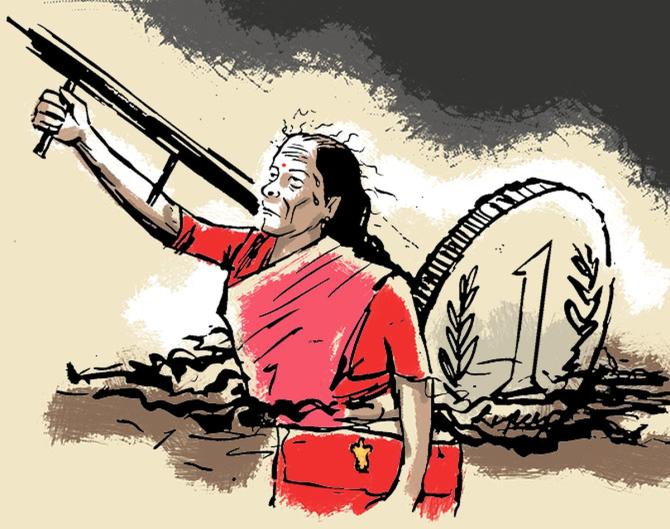Ahead of the 2023-24 Union Budget, the thinking at the top level of the central government is clear: Gross domestic product (GDP) growth of 6-6.5 per cent is a comfortable enough target for FY24 and the focus should be on fiscal consolidation to ensure that the sovereign cost of borrowing does not become prohibitively expensive in a high-interest rate environment, according to people in the know.

Those aware of deliberations between the Prime Minister’s Office (PMO) and the Ministry of Finance said while the Budget would look to strike a balance between infrastructure investment and welfare schemes, it is unlikely to be populist, though it will be the last full-year Budget before the 2024 Lok Sabha election.
Incidentally, 6-6.5 per cent GDP growth is what the upcoming 2022-23 Economic Survey is expected to project for FY24.
The Centre’s stance shall reflect the tough current global macroeconomic situation, according to the sources.
This will a climb-down from the earlier messaging of 7-8 per cent medium-term growth.
Still, India will remain among the fastest-growing major economies.
“There is a sense that 6-6.5 per cent growth can be sustained over the short-to-medium term, without overheating any of the engines of the economy.
"Additionally, inflationary conditions wouldn’t be as harsh in FY24 as they are in FY23,” said a person aware of the deliberations ahead of the Economic Survey and the Budget.
“Even though the Indian economy is somewhat decoupled from the world due to the strength of its domestic consumption, a recession in advanced economies and a slowdown in China will impact us.
"Also, there is no clarity on when the geopolitical disturbances in Europe will end,” the official said.
In its latest World Economic Outlook report, the International Monetary Fund expects a third of the global economy to slip into a recession in the calendar year 2023.
The larger economic focus is likely to be on the fiscal deficits of the Centre and states, which combined are nearly 10 per cent of GDP.
The Centre’s current medium-term fiscal consolidation roadmap aims at a budget deficit target of 4.5 per cent of nominal GDP by FY26, and efforts are on to meet the current year’s (FY23) target of 6.4 per cent.
Finance Minister Nirmala Sitharaman may set a fiscal deficit target of 5.5 per cent-6 per cent of GDP for FY24.
As reported earlier, the central government may not expand its capital expenditure for FY24 in a similar breadth compared to the previous two Budgets, amid the belief that private sector capital expenditure is recovering.
Though the headline retail inflation in December 2022 was the lowest in 12 months, Reserve Bank of India Governor Shaktikanta Das had earlier expressed concern about “sticky and elevated” core inflation, holding that the battle against the sharp price rise was not over yet.
Hence, the Monetary Policy Committee could go for further interest rate hikes.
In such a scenario, there appears to be an understanding that the Centre and states need to guard against runaway budget deficits – even against the backdrop of multiple state elections and the 2014 general election – and not flood the bond markets with sovereign paper.
In a recent column for Business Standard, former Securities and Exchange Board of India Chairman Ajay Tyagi warned of this very issue.
He said higher government borrowings to meet spending requirements, coupled with a high-interest rate regime, are likely to result in “crowding out” private sector borrowings.











